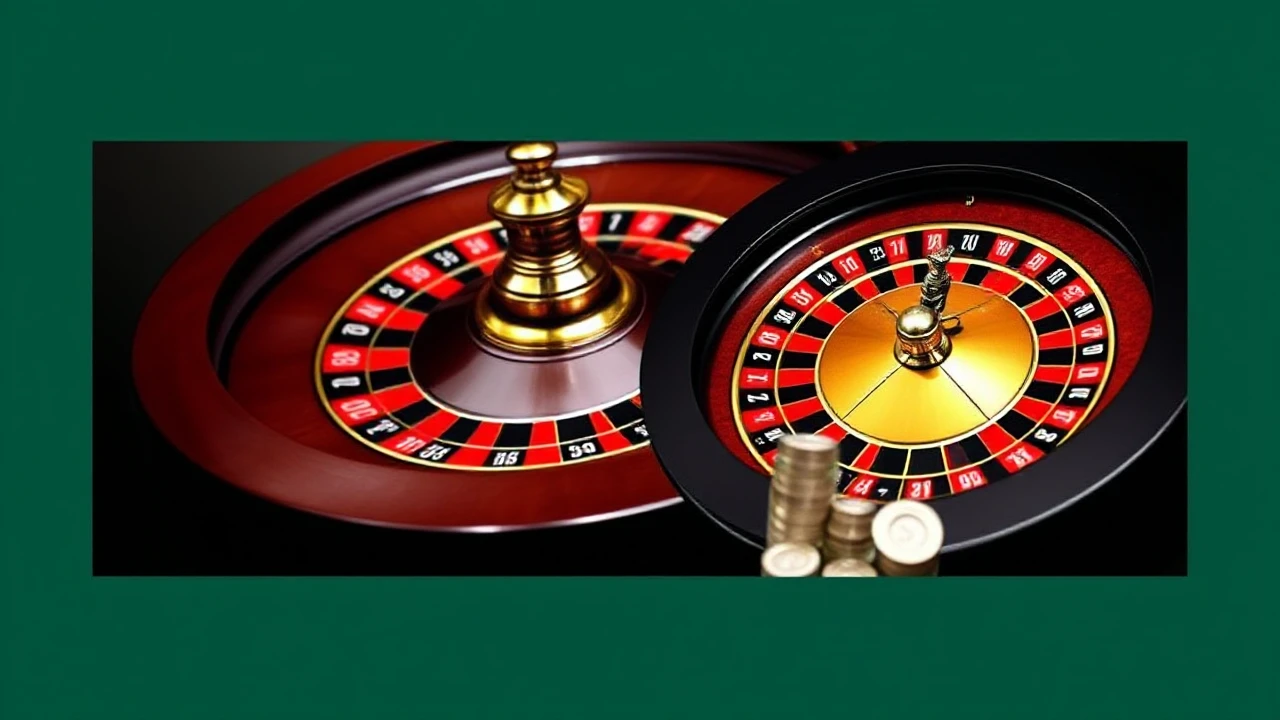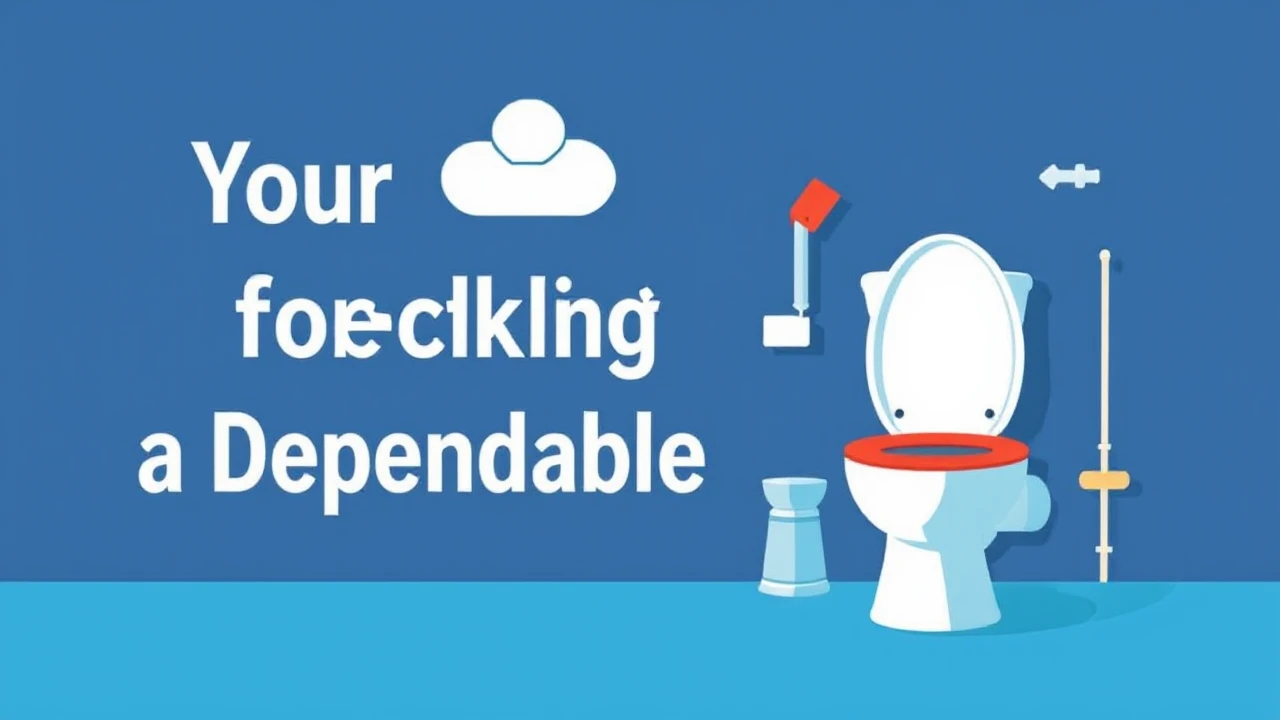

Cara Bermain Roulette agar Menang Terus
Discover amazing stories and insights from our featured article.

Discover amazing stories and insights from our featured article.


 Valerie …
Valerie …

 Valerie …
Valerie …

 Valerie …
Valerie …
Experience the future of storytelling through immersive digital journeys that blend creativity with cutting-edge technology



 By Valerie Hale
•
20 Sep 2025
By Valerie Hale
•
20 Sep 2025

 By Valerie Hale
•
20 Sep 2025
By Valerie Hale
•
20 Sep 2025

 By Valerie Hale
•
20 Sep 2025
By Valerie Hale
•
20 Sep 2025

 By Valerie Hale
•
20 Sep 2025
By Valerie Hale
•
20 Sep 2025

 By Valerie Hale
•
20 Sep 2025
By Valerie Hale
•
20 Sep 2025

 By Valerie Hale
•
20 Sep 2025
By Valerie Hale
•
20 Sep 2025




 By Valerie Hale
•
20 Sep 2025
By Valerie Hale
•
20 Sep 2025

 Valerie Hale
Valerie Hale

 Valerie Hale
Valerie Hale



